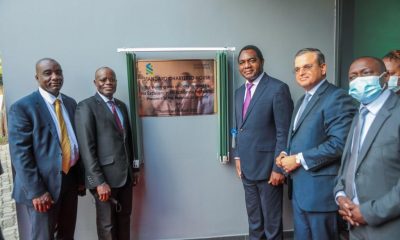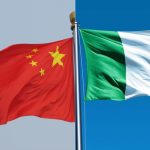Banking
Banking on the Future of Work
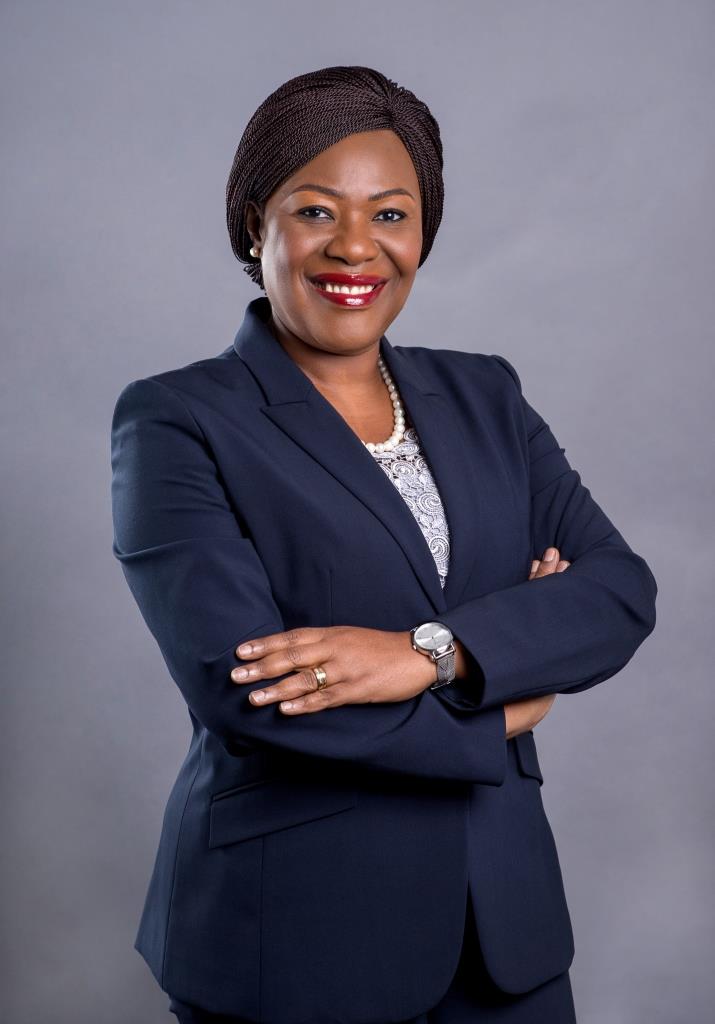
By Millie Clarke
The disruption of technology is revolutionising industries across many levels. As businesses evolve during the unprecedented revolution in the workplace, appropriate operating models must be put in place to meet the continuous demands of clients and the world around us. The future workforce must be equipped with the necessary tools to allow them to easily adapt to the ever-changing world that will require digital skills, organisational adaptability and a different kind of leadership at all levels.
The banking industry specifically, has faced significant disruption from changes in client expectations, geopolitical landscape shifts and development of artificial intelligence (AI). There is often anxiety linked to disruption, as it cannot always be predicted and organisations need to be ready to take advantage of new developments now for the future.
To remain competitive, organisations will need to retool their structures and their approaches to work to make use of the new technologies with full effect. Redesigned business structures and processes with a new focus on talent must be looked at as a priority.
Research suggests that through 2030, the time spent using advanced technological skills will increase by 50 percent in the United States and by 41 percent in Europe, with the fastest rise in the need for advanced IT and programming skills1.
Additionally, automation will accelerate the shift in career skills with an increasing demand for technological abilities, while other skills such as, basic cognitive and manual skills will be less in demand. Data scientists, agile developers, engineers and scrum maters will become important in the new world of work. Those who can work across functions and businesses will be more valuable.
At Standard Chartered, we believe to have a competitive advantage with a future fit workforce we need to embrace digitisation and incorporate advanced technologies into the workstream. We have taken proactive steps to help drive the growth of the business by embracing these changes early on and promote innovation across all parts of the Bank, in our drive to make banking simpler, faster and more convenient for our customers and to stay relevant in our markets. We are experimenting with disruptive business models that create optionality for the Bank, including investing in fintech’s and start-ups outside the Bank, and establishing new partnerships and solutions that have the potential to change how we approach and think about banking.
Most banks are looking at replacing their legacy systems to ensure the new technology will improve their operating effectiveness and improve the customer experience. We see a lot of improvements around account opening, mortgage payments, new hire processing – even IPOs are being done by algorithm! Automation will have an impact on the way we deliver and consequently our workforce and talent strategies.
Looking at what lays ahead, I foresee three challenges facing the role of Human Resources (HR) in developing a talent strategy for the future of work. The critical questions we need to ask ourselves are:
How do we identify the skills needed to compete in the new world?
How do we prepare for the technology disruption and re-train our existing staff to be ready?
How do we attract digital talent, knowing that we have to compete with other industries for this same talent pool?
We have invested heavily in our ‘People Strategy’ to ensure that we harness our unique individual strengths which build the organisation. Newly developed HR technologies and tools are used within Standard Chartered to create a consumer grade experience with HR through mobile friendly and online portals. The training of more than 1,200 senior executives took place, towards positively transforming the culture of the Bank, focusing on supporting our employees and enabling them to become more comfortable with innovation and the development of new ideas, even if these ideas were not successful. We are retraining our staff on agile to ensure we remain competitive in the new world of work. Through our on-line learning platform staff can choose a varied number of programmes and develop themselves at their own leisure.
The scale, scope and complexity of technology and its transformative powers is something organisations are still yet to fully comprehend, especially when it comes to the future of work and what the modern workplace will look like. However, it is important for banks to evolve as rapidly as technology – at least, they must try to. It is important for an organisation to be agile and continue developing to hold a competitive advantage and remain self-sustaining.
McKinsey Global Institute https://www.mckinsey.com/featured-insights/future-of-work/skill-shift-automation-and-the-future-of-the-workforce
Banking
CBN Delists Non-Compliant Bureaux De Change Operators
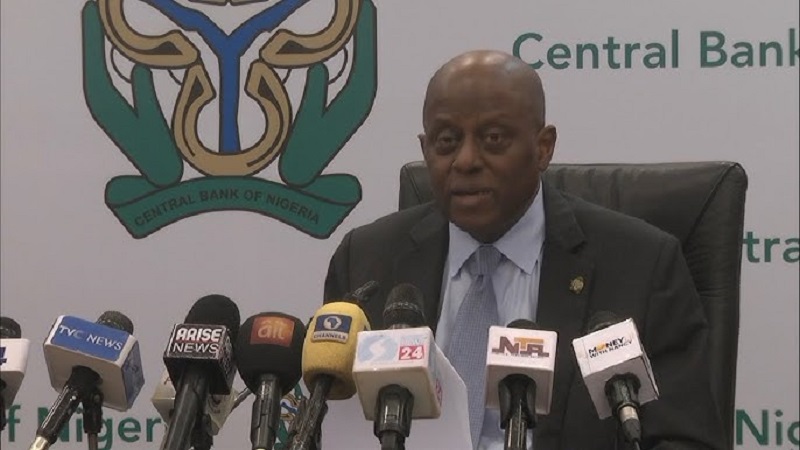
By Adedapo Adesanya
The operating licences of all legacy Bureau De Change (BDC) operators who failed to meet the new licensing requirements have been revoked by the Central Bank of Nigeria (CBN).
This happened after the central bank streamlined the BDCs to 82 in order to sanitise the foreign exchange (FX) market in the country.
The latest development was revealed by the apex bank in its Frequently Asked Questions document on the current reform of the bureau de change, published on its website on Tuesday.
According to the document, the CBN has now enforced the final cutoff, declaring that any BDC that did not meet the requirements by the end of November is no longer recognised.
“The guidelines provided a transition timeline of six months from the effective date, 3 June 2024, with a deadline of 3 December 2024, for all existing BDCs to meet the requirement of the new Guidelines or lose their licence(s). However, the management of the CBN graciously extended this deadline by another six months, which ended 3 June 2025, to give ample time for as many legacy BDCs desirous of meeting the new requirements to do so.
“Consequently, any legacy BDC that failed to meet the requirements of the new Guidelines as of 30 November 2025 has ceased to be a BDC, as its licence no longer exists. Please visit the CBN website for the updated list of existing BDCs in Nigeria,” the apex bank said.
According to the CBN, before its latest decision, an extended compliance window was granted under the revised BDC Guidelines. Existing operators were initially given six months, June 3 to December 3, 2024, to satisfy the new regulatory conditions.
The CBN later granted an additional six-month extension, which elapsed on June 3, 2025, to allow more operators to align with the updated standards.
The new measures form part of broader efforts by the CBN to strengthen transparency, compliance, and stability within Nigeria’s foreign exchange market.
The new CBN regulatory framework for BDCs, introduced in February 2024, mandated BDC operators to meet higher capital requirements. Tier-1 operators are required to meet a minimum capital requirement of N2bn, while Tier-2 operators must meet N500m as MCR.
The bank added that it would continue to receive applications on its Licensing, Approval and Requests Portal from prospective promoters, and those that meet the criteria will be considered for a license.
However, the CBN said it reserves the right to discontinue the licensing of BDCs at any time.
Banking
O3 Capital to Unlock N95bn Festive Spending Boom With Blink Card

By Modupe Gbadeyanka
A non-bank credit card issuer, 03 Capital, has introduced a travel card designed to unlock the N95 billion festive spending boom in Nigeria.
The new initiative, known as the 03 Capital Blink Travel Card, promotes economic participation among returning Nigerians, expatriates, and tourists.
A statement from the financial technology (fintech) firm is available instantly to use at over 40 million merchants and ATMs nationwide.
The Blink Card, to be issued in both digital and physical form, is loaded with currency from any foreign bank card, converted to Naira, enabling transactions to be completed in the local currency.
The card offers tap-to-pay and cash withdrawals at over 40 million merchants and ATMs nationwide, making it the ideal solution for visitors to Nigeria.
It also avails Nigerians in the Diaspora to spend like locals when they return to their country of origin.
Payments for goods and services can be completed via the virtual Blink Card, linked to the O3Cards app. Funds can also be transferred instantly to all local banks and other financial institutions.
According to the World Bank, remittance inflows account for approximately 5.6 per cent of Nigeria’s gross domestic product (GDP), and the resultant spending power is unlocked when the Diaspora returns home for the festive period.
In December 2024, about N95 billion was injected into the Nigerian economy by inbound passengers – 90 per cent being diasporic Nigerians – spending on short-let accommodation and hotels, events and hospitality, nightlife and dining, and vehicle rentals. The launch of the Blink Card promises to spur this spending further, providing a significant boost to local businesses.
Blink Cards are available for collection at all Nigerian international airports, offering an immediate and hassle-free route to financial empowerment for people arriving in the country.
Blink Card carriers benefit from increased convenience, flexibility, and safety by not needing to carry large amounts of physical cash, while the ability to pre-load cards promotes smarter budgeting practices.
“We are excited to launch the Blink Card to promote greater economic participation among visitors to Nigeria.
“The card removes the needless friction and costs involved in legacy foreign exchange and cash payment processes, offering a quicker and more transparent option for spending in the country.
“As Nigerians begin travelling home for Christmas – combined with the regular traffic of arriving tourists, expatriates, and businesspeople – this is the perfect time to launch a solution catering to the financial needs of visitors, tapping into the seasonal spending boom which provides an annual lifeline for local economies and SMEs,” the chief executive of 03 Capital, Abimbola Pinheiro, stated.
Banking
Interswitch Champions Dialogue on Alternative Credit Scoring for Underserved
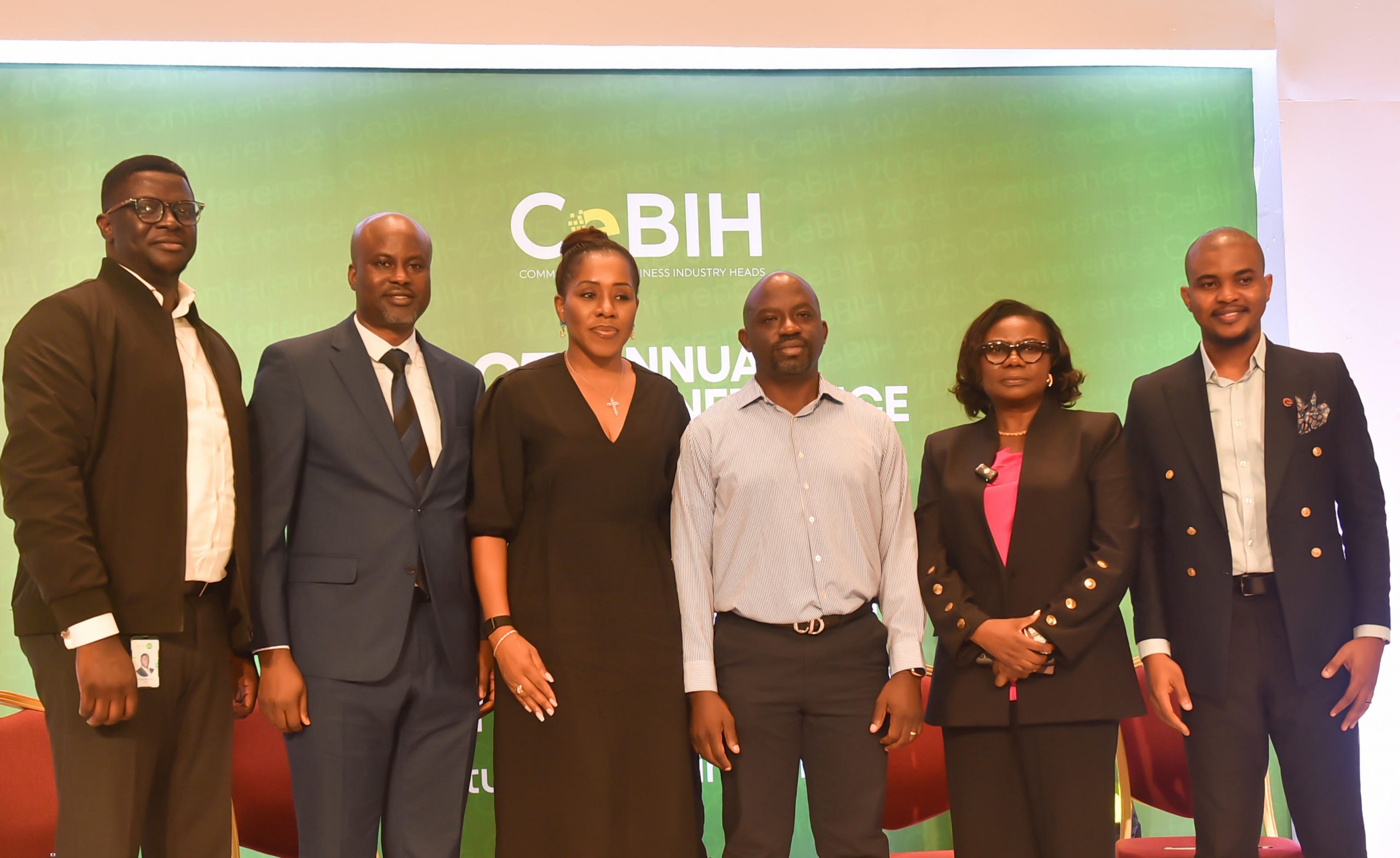
By Modupe Gbadeyanka
Technology leaders from across Nigeria’s digital finance ecosystem recently converged on Eko Convention Centre in Lagos to explore pathways for expanding credit access to underserved communities.
It platform for this was the 2025 Committee of e-Business Industry Heads (CeBIH) Annual Conference themed Reimagining Financial Inclusion through Cultural Shifts in Consumer Credit. Interswitch was a returning gold sponsor.
At a high-impact panel session titled Alternative Credit Scoring for the Underserved, moderated by Wunmi Ogunbiyi of the CeBIH Advisory Council, the Divisional Head of Product Management and Solution Delivery at Verve International, a subsidiary of Interswitch Group, Mr Ademola Adeniran, examined how alternative data and digital intelligence can unlock credit for millions excluded by conventional financial models.
“For us, this conversation goes beyond technology. It is about designing credit systems that truly reflect African realities.
“Millions transact daily outside traditional banking frameworks, and alternative credit scoring enables us to recognise that economic activity and responsibly convert it into access to finance.
“At Verve and Interswitch, we are committed to building the digital infrastructure that makes this inclusion scalable and sustainable,” Mr Adeniran stated.
Also, the Vice President for Sales and Account Management, Digital Infrastructure and Managed Services at Interswitch Systegra, Ms Robinta Aluyi, stressed the importance of African-led solutions in addressing the continent’s financial challenges, noting that sustainable progress must be rooted in local realities.
Interswitch’s strength, she said, lies in the fact that it was built on the continent, for the continent, with solutions designed to serve individuals, small businesses, enterprises, and government institutions across every layer of the payment value chain.
She also emphasized the company’s purpose-driven approach to building the infrastructure that powers Africa’s digital economy and enabling secure money movement on a scale.
“Interswitch helps people navigate their daily lives with greater ease. We make transactions flow safely and reliably. We do this by connecting banks, supporting secure and reliable payments, and strengthening the entire value chain of digital finance.
“Today, we hold a significant portion of the market, and that achievement reflects the deep trust our banking and fintech partners place in our platforms. We continue to deliver because the ecosystem has worked with us every step of the way,” Ms Aliyu said.
There were also contributions from Munachimso Duru, Head, Products, Partnership and Innovation, Afrigopay Financial Services Limited; Damola Giwa, Country Manager, Visa West Africa; Nike Kolawole, representing Aisha Abdullahi, Executive Director, Credit and Portfolio Management, CREDICORP; and Ifeanyi Chukuwekem, Head, Corporate Strategy Department, eTranzact, offering a broad industry perspective on the future of responsible credit delivery.
-

 Feature/OPED6 years ago
Feature/OPED6 years agoDavos was Different this year
-
Travel/Tourism9 years ago
Lagos Seals Western Lodge Hotel In Ikorodu
-

 Showbiz3 years ago
Showbiz3 years agoEstranged Lover Releases Videos of Empress Njamah Bathing
-

 Banking7 years ago
Banking7 years agoSort Codes of GTBank Branches in Nigeria
-

 Economy3 years ago
Economy3 years agoSubsidy Removal: CNG at N130 Per Litre Cheaper Than Petrol—IPMAN
-

 Banking3 years ago
Banking3 years agoFirst Bank Announces Planned Downtime
-

 Banking3 years ago
Banking3 years agoSort Codes of UBA Branches in Nigeria
-

 Sports3 years ago
Sports3 years agoHighest Paid Nigerian Footballer – How Much Do Nigerian Footballers Earn







